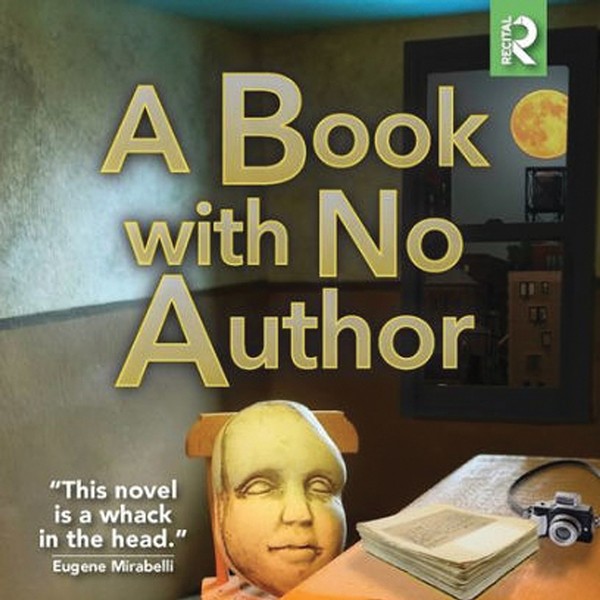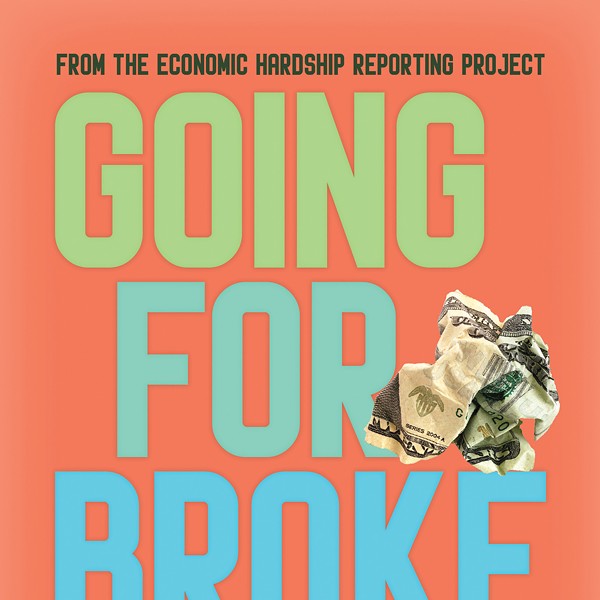For Gould, who venerated the New Yorker, Brackman had touched on a secret fantasy. “I did what I always do. I procrastinated for a couple of weeks.” Then he sat down, wrote “a really good cover letter” and mailed the first chapter to Shawn. A week later, the phone rang at 10:30 on a Sunday night. “We had young kids. Nobody called us at 10:30,” Gould recalls. “I was one step from yelling, ‘Who the hell is this?’ Then I heard a little voice, talking as if across a great distance: ‘Mr. Gould? This is William Shawn.’”
Days later, Gould had a book contract. “William Shawn took it from being a project to a book,” he says. “He saw the dimension, the ambition of what I was doing. My aspirations were elevated.” Shawn read Gould’s work-in-progress, taking him to lunches at the Algonquin. Gould describes it as a “very complicated relationship. He was the benevolent father, endlessly patient, endlessly appreciative.” What makes that complicated? “Well, we all have our real fathers too,” Gould responds mordantly.
Two years later, Shawn died in his sleep. Publisher Roger Straus assigned Gould to a younger editor, Jonathan Glusman. Despite Glusman’s enthusiasm, Gould found it hard to write. “I felt orphaned, like the psychic apparatus propping me up wasn’t there anymore.” Everything he wrote seemed inadequate. “I have perfectionistic tendencies,” he admits. “I spend too much time beating up on myself.”
There were external obstacles, too. Both Gould’s parents were terminally ill, and his marriage dissolved. In the difficult months after his divorce, the book he’d been avoiding for nearly a decade became a sort of life-raft. Then a friend set him up on a blind date, saying only that the woman had blond dreadlocks. (“I assumed she was white, not African-American with ironic blond dreadlocks,” Gould laughs.) His response to painter and professor Lisa Corinne Davis is evidenced by the Lennon/McCartney lyric he wrote in her copy of Can’t Buy Me Love: “Changing my life with a wave of her hand.”
“Lisa kept saying, ‘You have to write this.’ She didn’t have to say anything—it was just being around that forceful, dynamic energy, that striving approach to life.” (A friend puts it more bluntly, “Lisa gave him a much-needed kick in the ass.”) Gould started writing in earnest. But there was one more bend in the road. In 2005, Glusman left Farrar, Straus and Giroux in an acrimonious fallout with Straus’s successor. Assigned to another new editor, Gould felt orphaned all over again. (“My editors on this book were like drummers in Spinal Tap,” he quipped at the Kleinert.)
Glusman soon landed at Random House’s Harmony imprint, and wooed Gould there, offering “the kind of editorial attention nobody gets anymore.” They went over the unwieldy manuscript page by page, spending hours on the phone. “I really learned to write by editing,” Gould says. “Repetition is a form of insecurity.”
Can’t Buy Me Love’s first prepublication review, from Kirkus Reviews, was so awful, Gould’s editor hid it from him. A week later, Publishers Weekly rolled out a starred review, calling it “brilliant,” and Booklist and Library Journal weighed in with raves. Next came an effusive spread in the New York Times Book Review’s music issue. Seventeen years after he set pen to paper, Jonathan Gould had his hole in one.
His next project will be a narrative history of soul music in the 1960s, focusing on Motown and Stax, Detroit and Memphis, Marvin Gaye and Otis Redding, and the infusion of a gospel spirit into black music and black politics in the 1960s. Just as Can’t Buy Me Love parses Britain’s obsession with class, the new book will examine America’s obsession with race. “Hanging around the edges is a much larger question about America and popular music worldwide: What is this thing all us white people have about black music and black culture?”
Gould also hopes to learn “how not to spend this much time on a book. Don’t be a perfectionist until it’s time, don’t polish until the very end, don’t have something to prove in every sentence. The great thing about playing music, especially live, is you do it and you’re done. One a.m., two a.m., you pack up your stuff and go home. The nightmare about writing is it’s never done. It can be an ecstatic experience, putting not just those words but your whole world in order. Other times, it’s an impenetrable, godawful mess. What I’ve learned is to welcome the godawful mess, to have the confidence to know I can clean up any kind of mess eventually, so let it happen, just get it out there and then deal with it.” He pauses. “There’s some larger metaphor in that.”
















